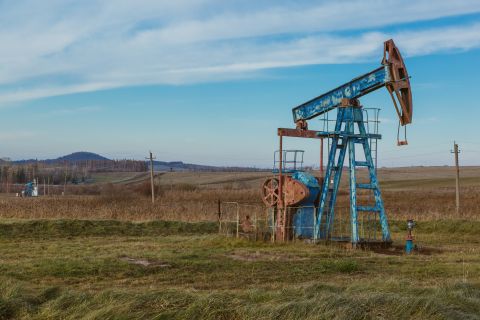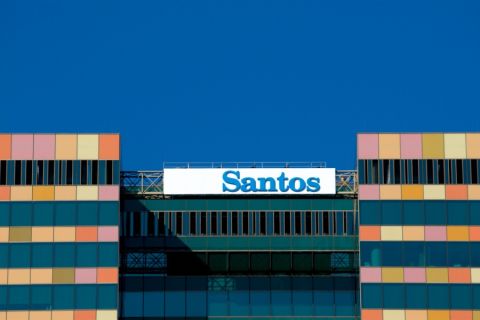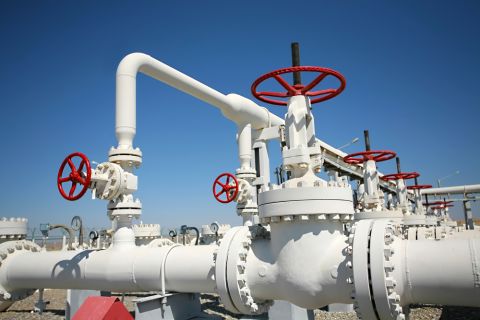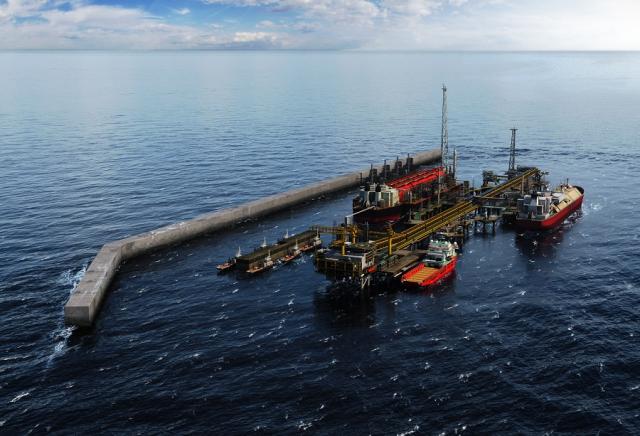
BP’s Tortue project straddles Senegal and Mauritania (Source: BP)
Africa is a land known for its abundance of natural resources
“When we look at activities that we expect to happen over the next five years, it's more like a
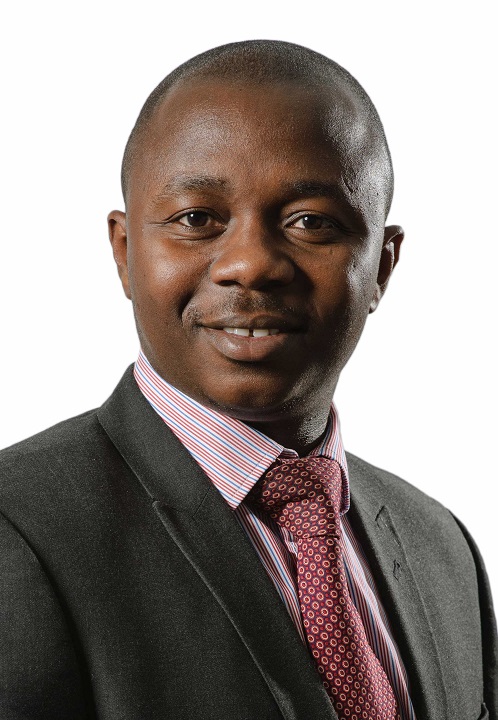
“When we look at activities that we expect to happen over the next five years, it's more like a brand new day, like a sunrise in West Africa
. ” Mark Adeosun, Westwood
Engineering, procurement and construction (EPC) opportunities offshore of West Africa have gradually been trending away from the traditional West African basins of Nigeria, Angola and Ghana and moving toward new horizons in offshore Mauritania, Senegal, Ivory Coast and Namibia. Production in the more traditional basins have begun to slow down due to a myriad of reasons.
The older powerhouses are more mature. With Nigeria in particular, security concerns and political uncertainties have played a part in slowing some of the production. The country has faced a steep production decline over the last 10 years, going from producing over 2 MMbbl/d in 2012 to around 1.3 MMbbl/d in 2022, according to Adeosun. This decline has opened the door for other nations looking to throw their hat in the oil and gas ring.
“Some of these countries are relatively new to the oil and gas industry and are quite keen for international E&P
The increase in activity offshore of West Africa evokes images of the 2012 to 2014 period when the region saw a boom in investments, Adeosun said
In Mauritania,
With a majority of the industry returning to pre-pandemic form, potential issues such as project delays begin to happen, as West Africa generally experiences those. Regardless of potential delays, projects are expected to move forward as long as oil prices continue to hold over $70/bbl, in ine with price forecasts. The number of subsea trees expected to be sanctioned could increase by a 150% increase between 2022 and 2026 compared to the preceding five-year period, Adeosun said.
“At the moment, what is driving EPC spending is the desire of E&P
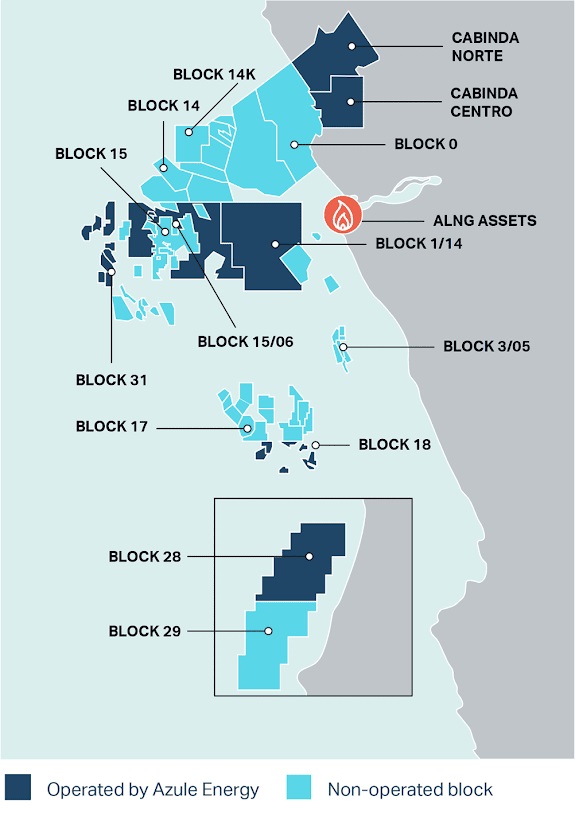
Major IOCs have taken advantage of the EPC opportunities in Africa, including activity by top operators such as
In Namibia, Total and Shell are appraising newly discovered reserves. Despite Nigeria being a more mature basin, Chevron and Exxon
“I think overall we’ll see a very buoyant market in West Africa going forward due to some of the operator plans, as well as the potential for other developments from places that were considered to be undeveloped over that time period,” Adeosun said. “It’s more or less a dream for the supply chain in West Africa over the next three to five years, very similar to what we’re seeing in Brazil, where massive projects could be sanctioned over the next few years should oil prices hold above $70/bbl and operators proceed with their current development plans.”
Recommended Reading
Brett: Oil M&A Outlook is Strong, Even With Bifurcation in Valuations
2024-04-18 - Valuations across major basins are experiencing a very divergent bifurcation as value rushes back toward high-quality undeveloped properties.
Marketed: BKV Chelsea 214 Well Package in Marcellus Shale
2024-04-18 - BKV Chelsea has retained EnergyNet for the sale of a 214 non-operated well package in Bradford, Lycoming, Sullivan, Susquehanna, Tioga and Wyoming counties, Pennsylvania.
Defeating the ‘Four Horseman’ of Flow Assurance
2024-04-18 - Service companies combine processes and techniques to mitigate the impact of paraffin, asphaltenes, hydrates and scale on production — and keep the cash flowing.
Santos’ Pikka Phase 1 in Alaska to Deliver First Oil by 2026
2024-04-18 - Australia's Santos expects first oil to flow from the 80,000 bbl/d Pikka Phase 1 project in Alaska by 2026, diversifying Santos' portfolio and reducing geographic concentration risk.
Ozark Gas Transmission’s Pipeline Supply Access Project in Service
2024-04-18 - Black Bear Transmission’s subsidiary Ozark Gas Transmission placed its supply access project in service on April 8, providing increased gas supply reliability for Ozark shippers.


